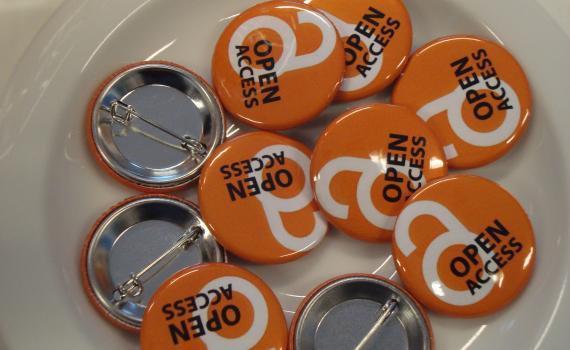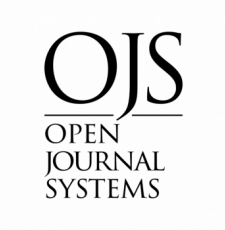
We’re sharing slides and recordings from the webinar series for African journal editors and publishers, which proved to be extremely popular - attracting over 1,000 people. Over 600 participants attending the webinars expressed such keen interest that the organizers have decided to continue the series in the second half of 2022.
The seven webinars were organized by EIFL, African Journals Online (AJOL), Academy of Sciences of South Africa (ASSAf), Directory of Open Access Journals, (DOAJ), LIBSENSE and University of Cape Town (UCT).
Most of the webinars took place in English and French. The slides and recordings are available on the EIFL website, as good practice resources:
- DOAJ introduction and overview / Introduction et vue d'ensemble du DOAJ: Why it is important to be indexed in DOAJ and how to get indexed, including open access (OA) compliance, the journal application process and submission form, DOAJ criteria for inclusion and common reasons for rejection.
- Best practices in editorial processes and publishing: For authors, peer reviewers and journal editors and publishers: tips on editorial and other policies, such as conflict of interest, confidentiality, ethical issues (including plagiarism), corrections, copyright & licensing, advertising, preprints, digital archiving, preservation, peer review guidelines, editorial processes and technical aspects of OA publishing; OA business models and the Journal Publishing Practices and Standards (JPPS) framework.
- Copyright and licensing in OA journals / Droits d'auteur et licences dans les revues en libre accès: Copyright and licensing issues in African applications to DOAJ and how to use Creative Commons licenses to avoid these issues.
- OA journals best practices / Meilleures pratiques pour les journaux en libre accès: The Principles of Transparency and Best Practice in Scholarly Publishing; professional journals websites and open source journal management software (with examples of journals using Open Journal Systems software); DOAJ metadata export plugin; peer review processes, ownership and management, governing bodies, editorial teams, copyright and licensing, allegations of research misconduct, conflict of interest, article retraction and corrections policies, ethics and malpractice statements; publishing schedules and publication frequency; OA and archiving/digital preservation policies, advertising and direct marketing policies, persistent identifiers - ISSN, ORCID, DOI - and compliance with I4OC standards for open citations.
- OA journal indexing and journal publishing platforms / Indexation de revues, plateformes de publication: OA journal indexing and journal publishing platforms - OJS (Open Journal Systems), AJOL and SciELO SA (Scientific Electronic Library Online South Africa).
- Addressing predatory publishing issues / Aborder les problèmes de publication prédatrice: How to implement strong quality screening policies and workflows.
- New ways to assess the quality of science and scientists / Nouvelles façons d'évaluer la qualité de la science et des scientifiques: Current DORA (Declaration on Research Assessment) developments to advance practical and robust approaches to research assessment, and the role that African OA journals play in this process.
Thanks to all the speakers and facilitators - Bessem Aamira (CNUDST - University National Center of Scientific and Technical Documentation), Judith Barnsby (DOAJ), Kamel Belhamel (DOAJ), Louise van Heerden (SciELO SA), Thomas Mboa (Université de Yaoundé II), Susan Murray (AJOL), Lena Nyahodza (UCT), Tom Olijhoek (DOAJ), Ina Smith (ASSAf), Susan Veldsman (ASSAf) and Lucienne Wilme (AJOL).
The second series of webinars, planned for later this year, will expand this collection of good practice resources.
- Check out how EIFL and our partner consortia support OA publishing advancements in Ethiopia, Georgia, Ghana, Kenya and Lesotho.
- And see the EIFL Checklist of Good Practices in Using Open Journals Systems Software (OJS) for Journal Editing and Publishing.
SHARE / PRINT









